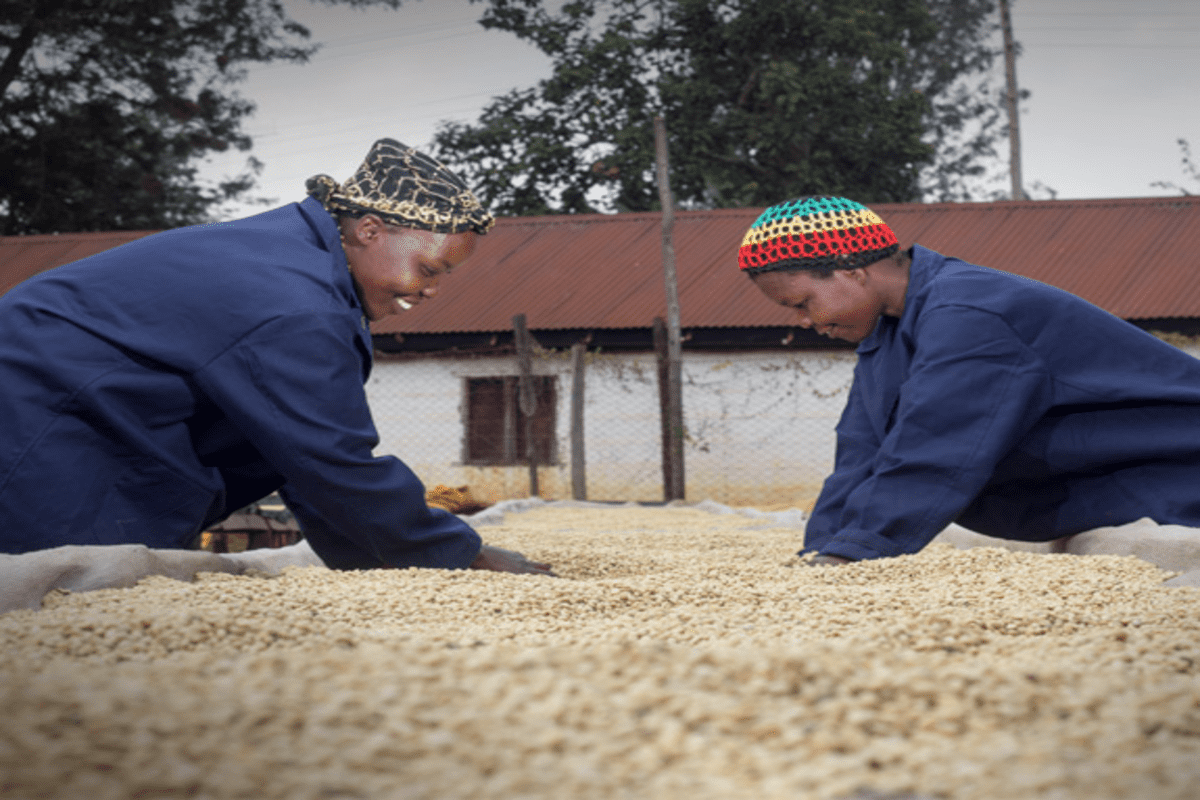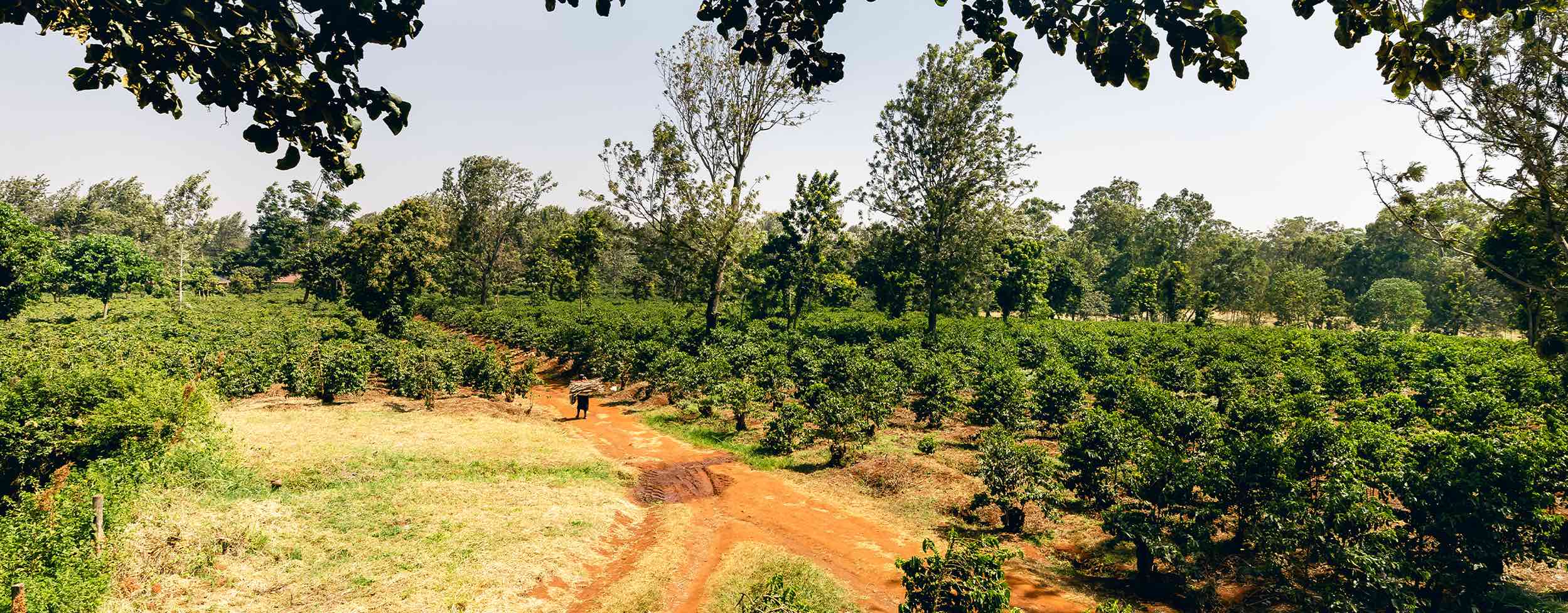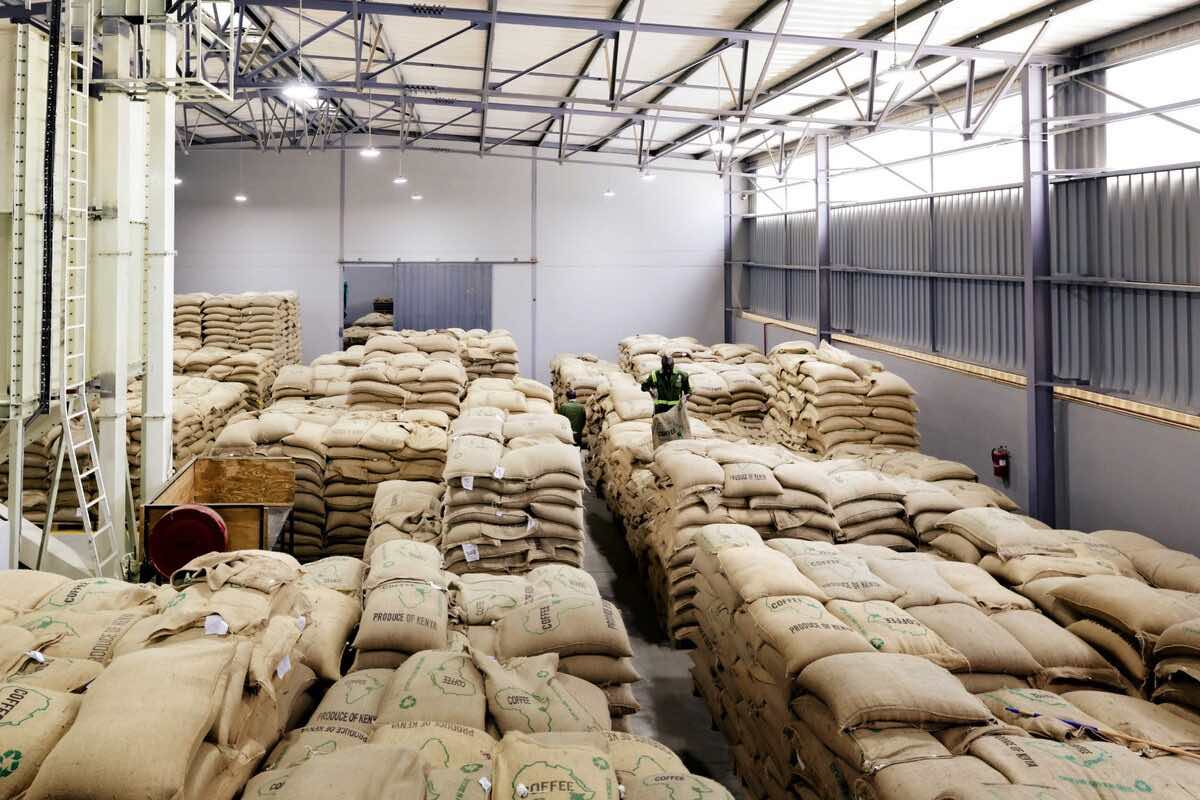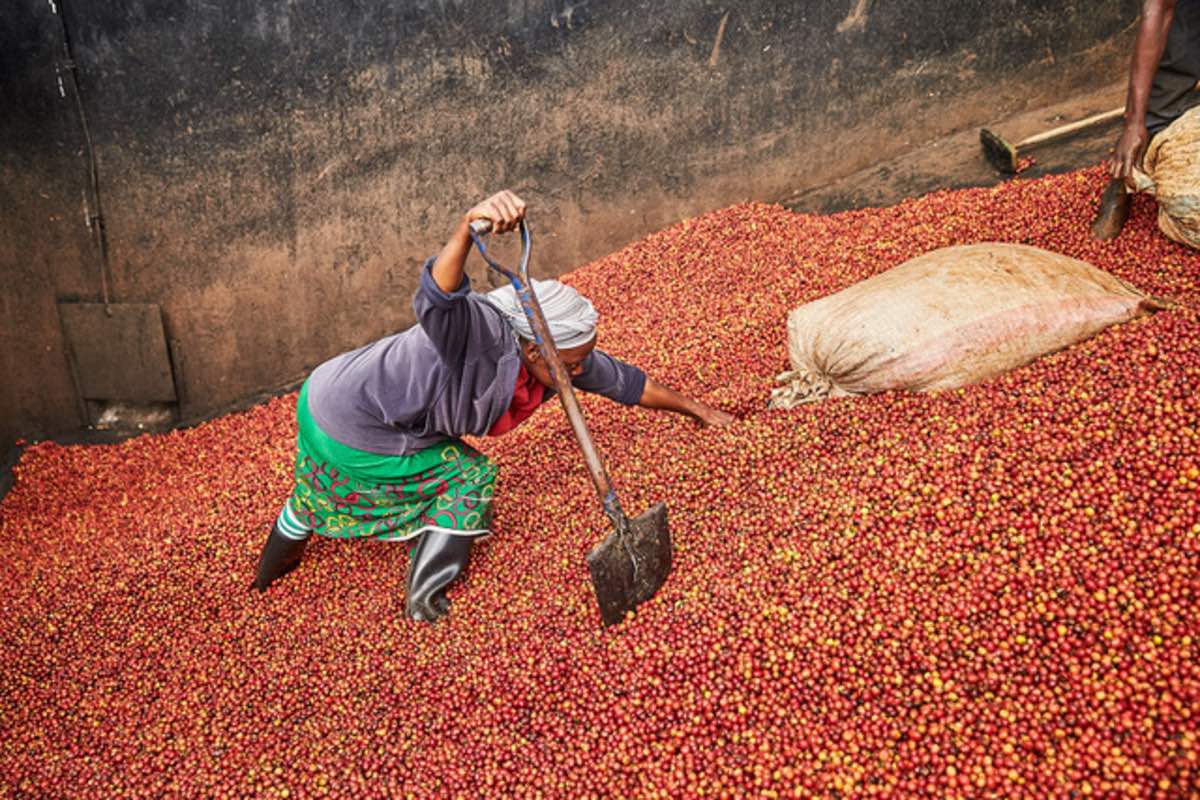
Coffee Processing Methods : Honey Processing vs. Washed Processing
Introduction : Coffee Processing Methods : Honey Processing vs. Washed Processing
At Servicoff, we’re passionate about coffee – from the bean to the brew. Our commitment to excellence extends beyond just sourcing the finest beans; it’s also about the meticulous processing methods that bring out the best in every cup. In this blog post we take a look into the fascinating world of coffee processing, comparing the traditional washed method, which we proudly employ at Servicoff, with the increasingly popular honey processing technique.
The Washed Process: A Time-Honoured Tradition
For decades, the washed processing method has been the gold standard in the coffee industry. This tried-and-true technique involves removing the cherry fruit from the coffee beans soon after harvesting, followed by thorough washing to remove any remaining pulp. The beans are then dried, milled, and sorted to produce the final product.
Advantages of Washed Processing:
- Clean Flavour Profile: Washing removes any residual fruit mucilage, resulting in a clean and consistent flavour profile that highlights the intrinsic qualities of the coffee bean.
- Bright Acidity: The removal of fruit residues contributes to a bright and vibrant acidity in the finished cup, making washed coffees popular among those who appreciate a lively and refreshing brew.
- Consistency: Washed processing offers greater control over the final product, allowing for consistency in flavour, aroma, and quality from batch to batch.
Disadvantages of Washed Processing:
- Water Usage: The washed process requires significant amounts of water for pulping and washing, which can be a concern in regions where water resources are limited.
- Environmental Impact: The wastewater generated during washing may contain pollutants that can harm the environment if not properly managed.
- Potential Flavour Loss: While washing ensures a clean flavour profile, some argue that it may strip away some of the nuanced flavours and complexities found in natural and honey-processed coffees.
Honey Processing: Embracing Innovation with a Sweet Twist
In recent years, honey processing has emerged as an alternative to the traditional washed method, offering a unique flavour profile and sustainability benefits. In honey processing, the cherry fruit is partially removed, leaving some of the mucilage intact during drying. The term “honey” refers to the sticky, honey-like layer that coats the beans during this process, which can range from white (washed honey) to black (natural honey), depending on the level of mucilage left on the beans.
Advantages of Honey Processing:
- Enhanced Sweetness: The residual sugars in the mucilage infuse the beans with natural sweetness, resulting in a rich, syrupy flavour profile reminiscent of honey.
- Complexity: Honey processing can add layers of complexity to the cup, with notes of fruit, florals, and even spice, creating a more dynamic and intriguing drinking experience.
- Water Conservation: Compared to washed processing, honey processing requires less water, making it a more sustainable option in regions facing water scarcity.
Disadvantages of Honey Processing:
- Increased Risk of Fermentation: The presence of residual fruit mucilage can create a higher risk of fermentation during drying, potentially leading to off-flavours or defects in the final cup.
- Varied Results: Honey processing requires careful monitoring and precise control of drying conditions to achieve desired results, making it more challenging to produce consistent batches.
- Longer Processing Time: Due to the slower drying process required to preserve the mucilage, honey processing typically takes longer than washed processing, extending the overall production timeline.
Striking a Balance: The Servicoff Approach
While honey processing offers appealing flavours and sustainability benefits, we at Servicoff remain steadfast in our commitment to the washed method. We believe that the washed process allows us to consistently deliver the clean, vibrant flavours that our customers know and love, while also minimizing our environmental footprint.
That said, we recognize the value of innovation and are always exploring new techniques to enhance our offerings. As we continue to push the boundaries of coffee processing, our goal remains the same: to deliver exceptional coffee experiences that celebrate both tradition and innovation.
In conclusion, whether it’s the time-honoured tradition of washed processing or the sweet allure of honey processing, the world of coffee processing is as diverse and dynamic as the flavours it produces. At Servicoff, we invite you to savour the best of both worlds – the rich heritage of washed coffees and the exciting possibilities of future innovations. Join us on a journey of flavour, sustainability, and exploration, one cup at a time.





